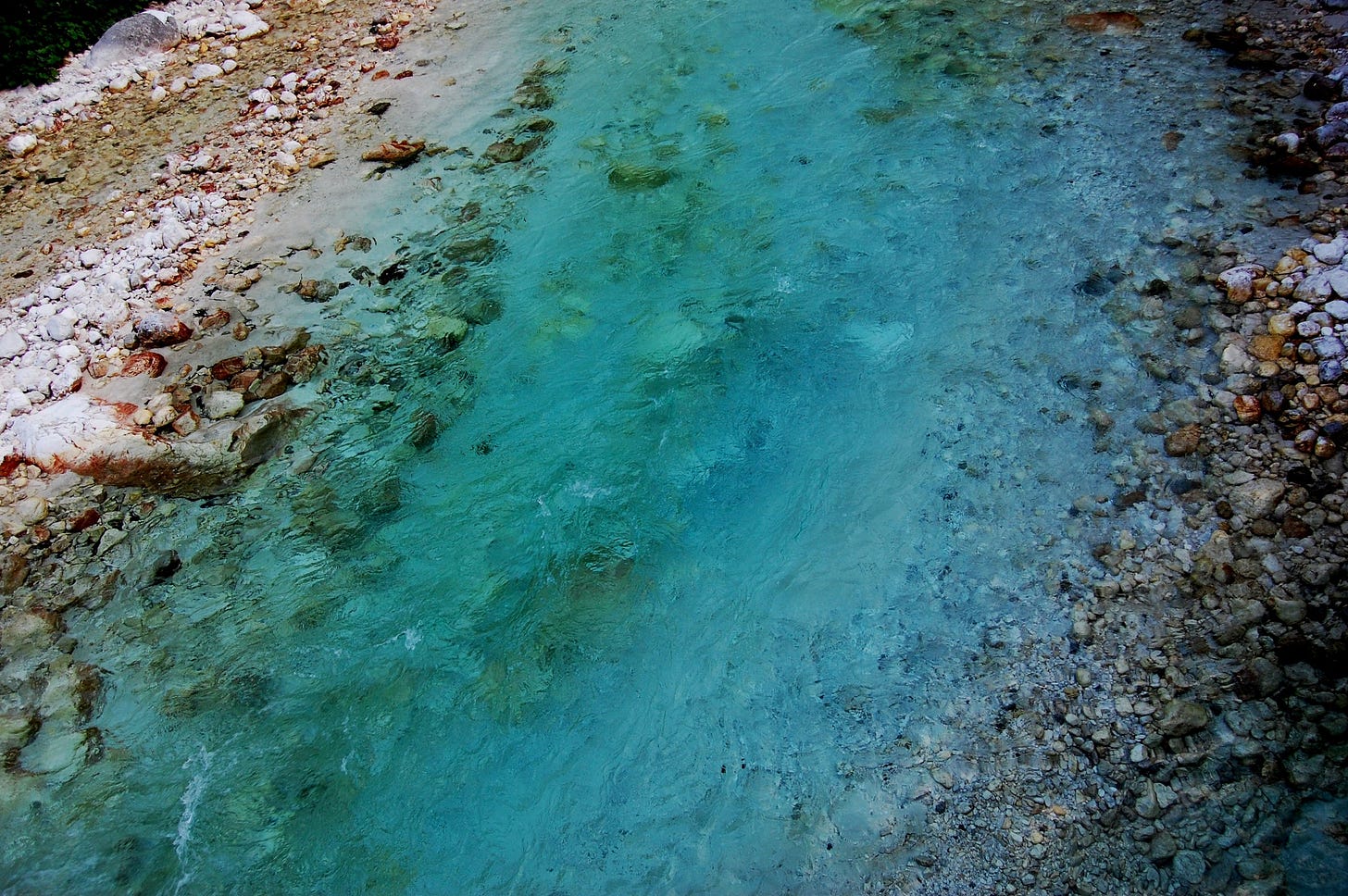
In the corner of the television screen, I see my friends.
When one is blessed with close friends, they become instantly recognizable even from the blur of a cameraman’s motorbike. When I see them sitting atop a retainment wall or lined along the foliage on the Kolovrat climb, I open Instagra…
Keep reading with a 7-day free trial
Subscribe to derailleur to keep reading this post and get 7 days of free access to the full post archives.



